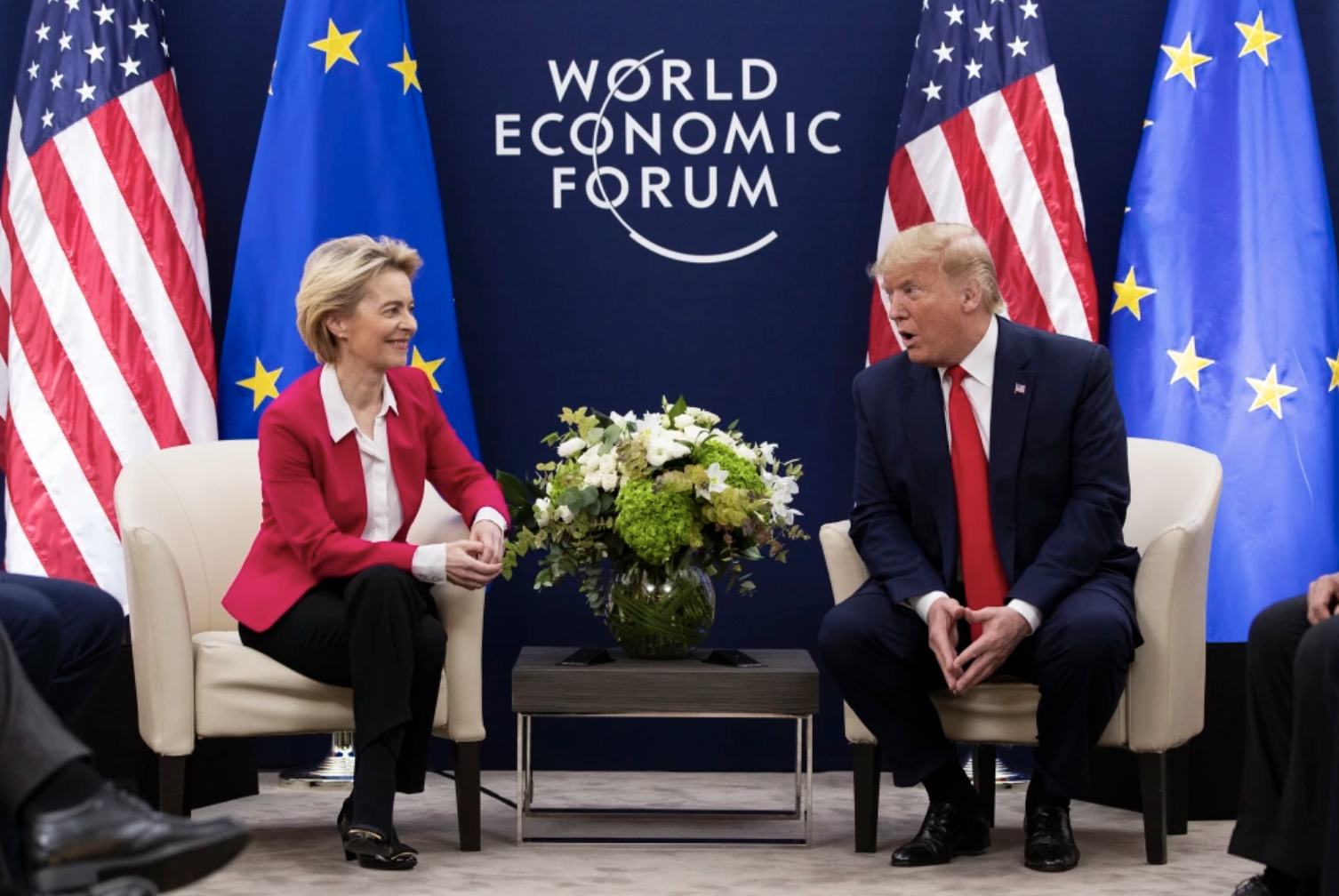Open Markets transatlantic partnerships director Max von Thun was quoted in an article in the Journal of Political Inquiry regarding the fate of US-EU cooperation over big tech regulation and enforcement under the second Trump administration.
Read MoreSandeep Vaheesan and Brian Callaci spoke with Pitchfork Economics on how the market alone cannot fix America’s housing crisis.
Read MoreIndustrial Policy Program Manager Audrey Stienon examines how China’s mineral export ban impacts critical supply chains and poses a major challenge for U.S. strategies to reduce dependence on China and ensure national security.
Read MoreThe Open Markets Institute shares deep regrets that the European Commission chose not to intervene in Nvidia’s acquisition of Run:ai.
Read MoreOn Monday, December 9, the Federal Trade Commission (FTC) modified a 12-year-old consent order that previously prohibited independent pharmacies in Puerto Rico from collectively bargaining with pharmacy benefit managers (PBMs) and insurers.
Read MoreThe Open Markets Institute, alongside eight partner organizations, has made a detailed submission to the European Commission, urging it to fully investigate U.S. chipmaker Nvidia’s planned acquisition of workload management startup Run:ai.
Read MorePolicy director Phillip Longman explains howThe Washington Monthly's role in mentoring future leaders, like Lina Khan, by providing a platform for impactful journalism that helped lay the groundwork for reshaping U.S. antitrust policy.
Read MoreIn response to the Federal Trade Commission initiating a lawsuit against Southern Glazer’s Wine and Spirits, LLC for engaging in unlawful price discrimination, the Open Market Institute's senior legal analyst Daniel Hanley issued a statement.
Read MoreIn response to a federal judge in Oregon granting the FTC’s request for a preliminary injunction against Kroger’s takeover of Albertsons and a state judge siding with the Washington Attorney General’s suit to block the deal, the Open Market Institute's Food Systems Program Manager Claire Kelloway issued a statement.
Read MoreCJL director Courtney Radsch evaluates how AI collaborations can restructure the media landscape, offering opportunities for publishers while challenging smaller outlets to adapt.
Read MoreSenior reporter Karina Montoya explores the expanding intersection of antitrust issues and AI in journalism, shining a light on the need for local coverage on how AI hinders competition and harms labor rights.
Read MoreCJL Director Courtney Radsch participated in a Brookings Institution event titled "Why an Equity Lens is Critical in the Design and Deployment of AI."
Reporter Austin Ahlman delves into Google’s ramped up state-level lobbying efforts and surpassing of federal spending, trying to counter legislation like California’s CJPA and sway data privacy and media compensation laws nationwide.
Read MoreLegal director Sandeep Vaheesan and chief economist Brian Callaci advocate for rent control in Atlanta as a vital solution to combat housing affordability issues and economic inequality.
Read MoreThe Open Markets Institute filed an amicus brief with the U.S. Court of Appeals for the Third Circuit, urging the court to grant a rehearing In re Merck Mumps Vaccine Antitrust Litigation. A class of physicians alleged that Merck misled the Food and Drug Administration about the shelf-life of its vaccine and thereby kept out a competing vaccine.
Read MoreSenior reporter Karina Montoya suggests in response to the the Google Ad Tech Case, that the DOJ believes Judge Brinkema recognizes their case against Google's monopolistic practices is strong, even under Google's own market definition.
Read MoreCenter for Journalism & Liberty (CJL) at the Open Markets Institute Director Dr. Courtney Radsch shared a statement in response to closing arguments today in the U.S. Department of Justice’s case against Google for monopolizing several technology products central to digital advertising.
Read MoreTransportation policy analyst Arnav Rao writes on how ocean freight carriers are exploiting their monopolistic control to hike prices and boost profits, harming U.S. importers, exporters, and small businesses, necessitating stronger regulatory oversight to restore fair pricing.
Read More

















